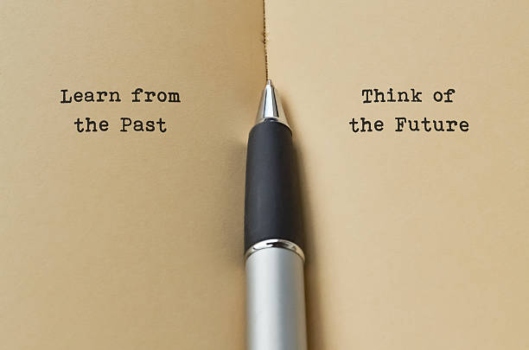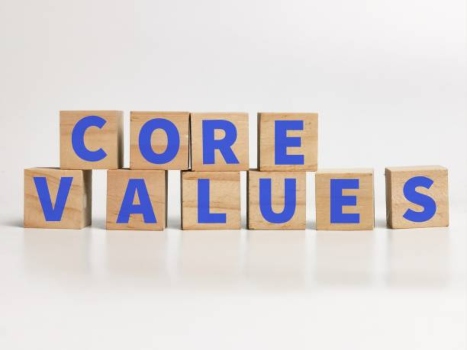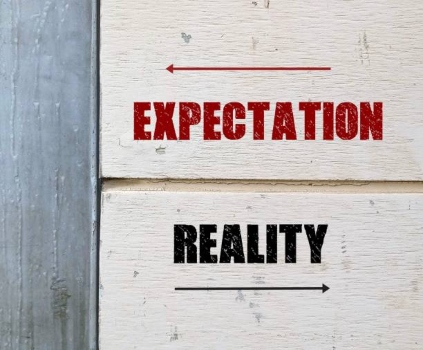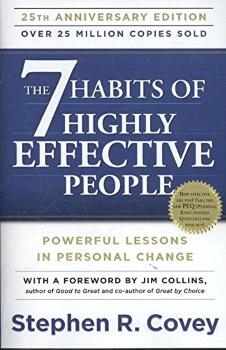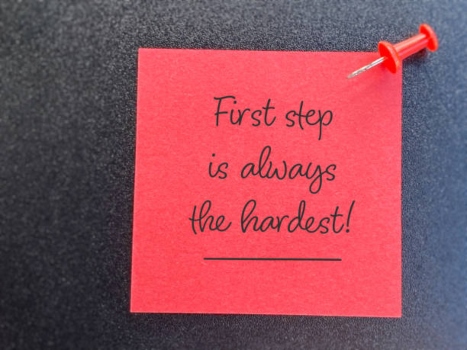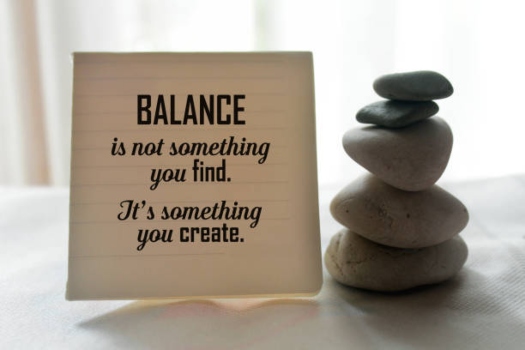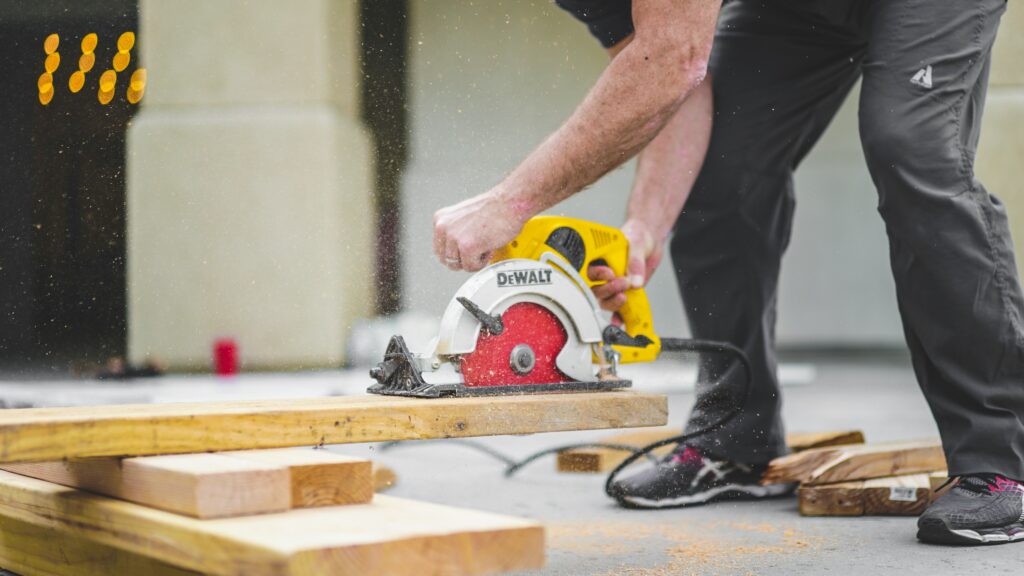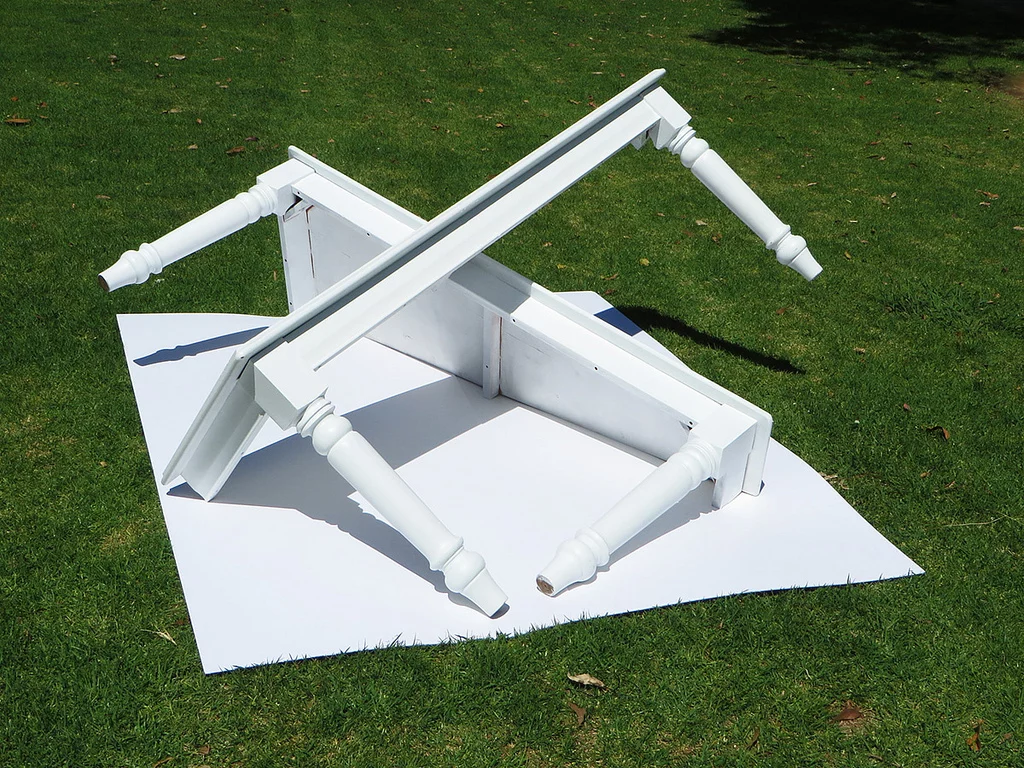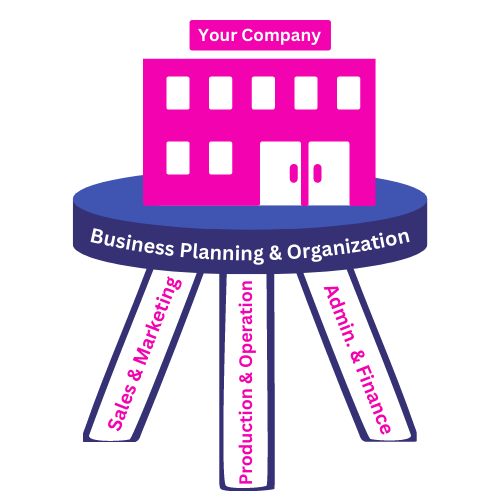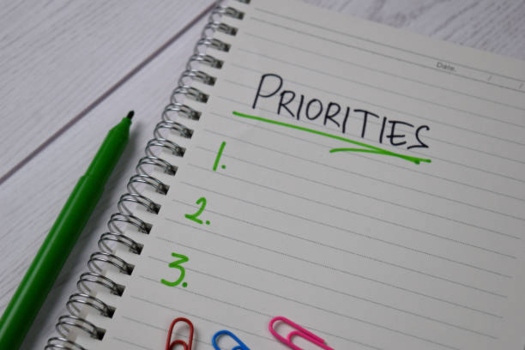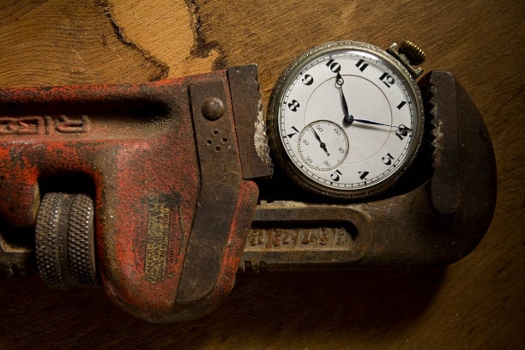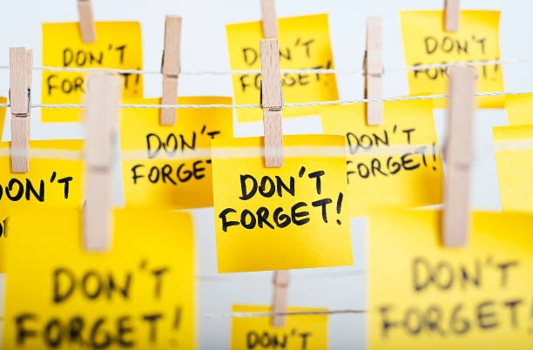Why Did the Turkey Cross the Road?
It’s just a few days until the beginning of a new year. This start represents an opportunity for new possibilities. The thought of this can be exciting. The chance to do better…to be better. This is what encourages us to make ‘New Year’s Resolutions’.

The process of making resolutions but failing at them over and over makes us hesitant though. Most of the time people give up on resolutions after a few weeks. Only about 8% of people that make resolutions will stick to them.
Most resolutions are good, and if kept, would make us better.
The possibilities are exciting, we want to be better. Most resolutions are admirable, so why don’t we keep them?
I think most of the time it is the lack of a clear plan.
It reminds me of some wild turkeys that were crossing the road near my home. There were fifteen or twenty birds going across as I approached them in my truck. Some continued on across, some turned and went back, but one couldn’t decide which way to go.

It ran back and forth going in circles in the middle of the road. This indecision and lack of clarity put this bird at risk of failure…and in this case, failure could have been really bad.
Good thing I was driving slowly.
If we don’t want to be like that turkey we need a clear plan. We need to know where we want to go. Then take the necessary actions to get there.
The first thing to do is determine WHY. WHY do we want to accomplish this thing? The WHY will be the motivating factor. The WHY gives us the reason to move.
WHY do I want to cross the road?
Next, we need to know HOW. HOW gives us the map to get from here to there. The HOW gives us a direction to go.
Now I know HOW best to cross the road.
But, this is where things begin to get tougher. There are a lot of different systems that you can use for this. The problem is that what works for one person may not work for another.
I’ve used several different things over the years. The conclusion I have come to is this. It matters less what the system is and more about whether you use it or not.
You have to move, otherwise you’ll be left standing in the middle of the road.

As I’m thinking forward to the new year, I will be working on a plan for 2025. Each year, I modify and tweak my systems so that they work better. I schedule time between Christmas and New Year’s Day for working on my ‘Life Plan’.
It starts with scheduling it on my calendar. It’s critical to being intentional.
I will look back at what worked and what didn’t throughout the past year. I will look to the future to see where we want to go. Most importantly, I will plan to take action. And I will have a way to measure progress, so I can see how we’re doing.
Resolutions are only as good as our actions. Like Ebenezer Scrooge in A Christmas Carol, we have to decide to be different if we’re going to be different.
Don’t be a turkey. Make a plan before you start crossing the road and stick with it. Don’t stop in the middle of the road. You can continue to improve on the plan every day if you keep moving.
Make a plan and get out of the middle of the road!

Sometimes, the best plan includes seeking guidance from someone with 40 years of experience in refining and implementing business systems. One of the most impactful systems for construction businesses is a well-designed proposal system.
To help one lucky construction company break free from the chaos, we’re giving away a free, customized construction proposal system!

Here’s what you’ll win:
- 4 training sessions to make setup simple
- 3 follow-ups to perfect your proposals
- Templates and documents to save you time
If you, or someone you know, would benefit from having a proposal system, don’t miss this chance!


